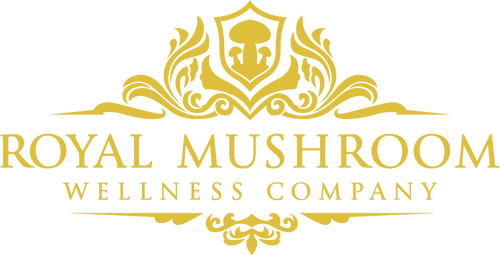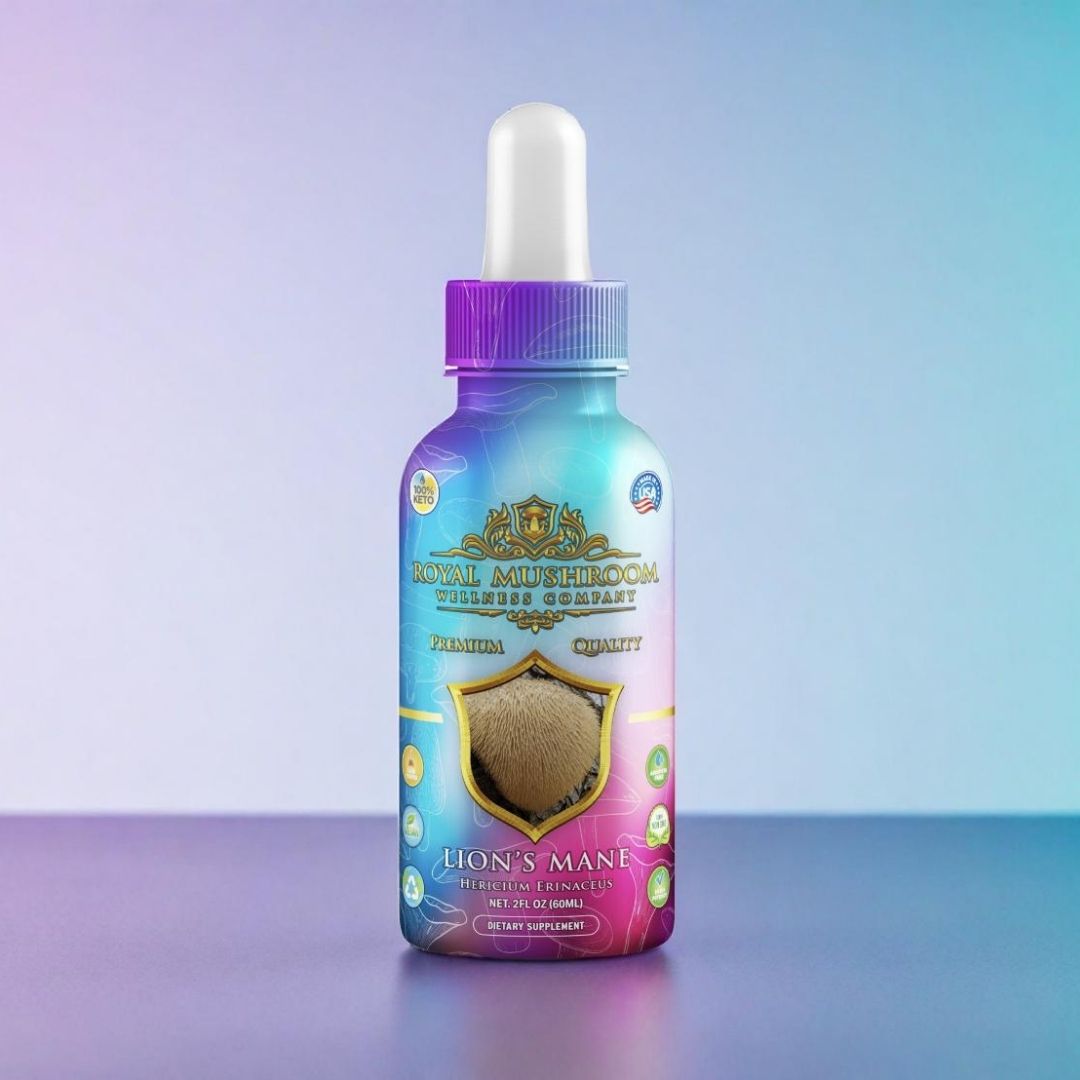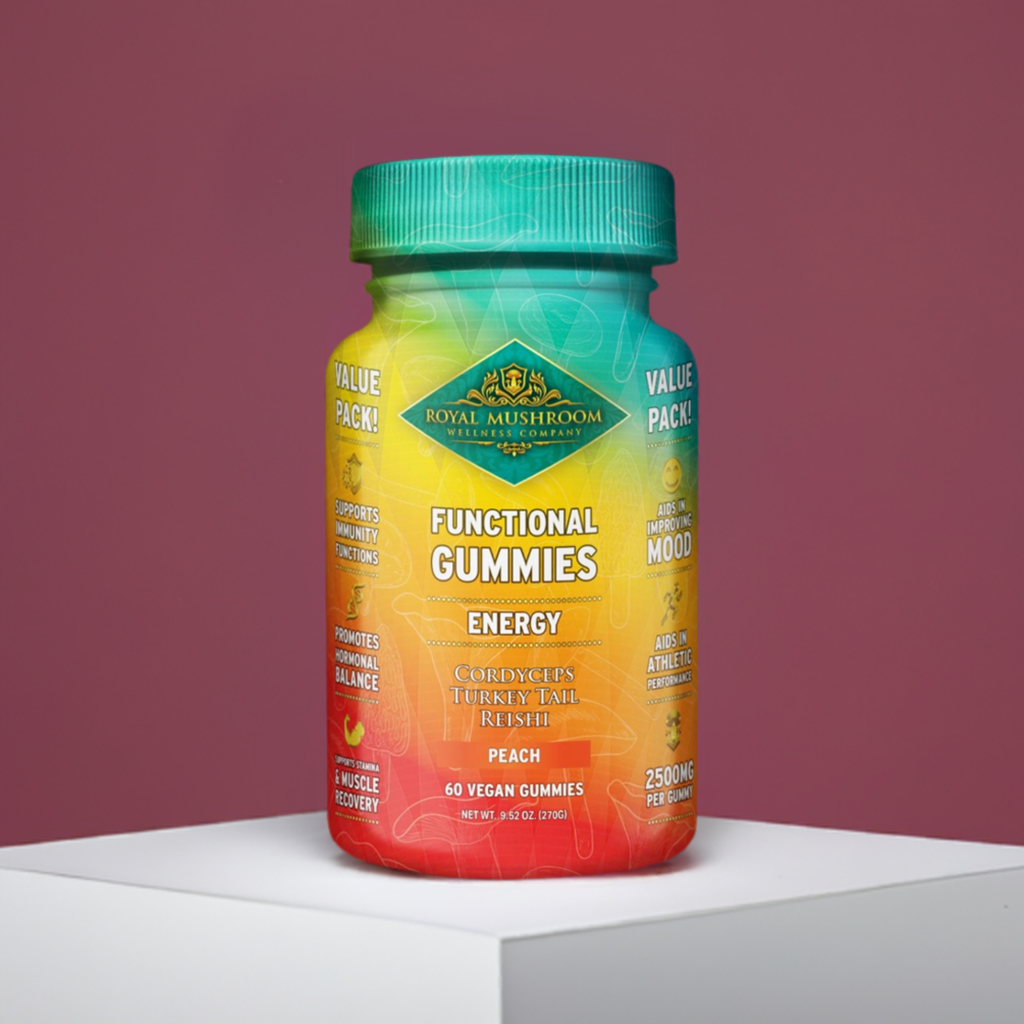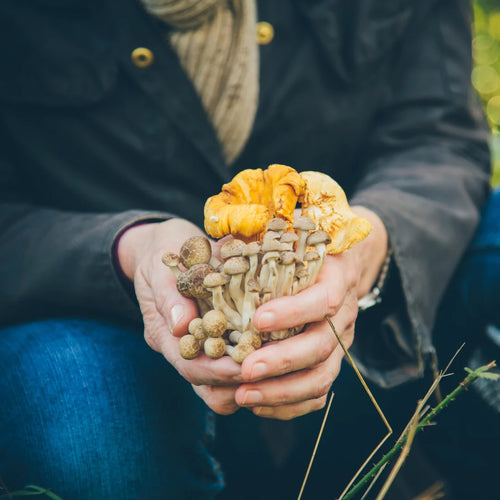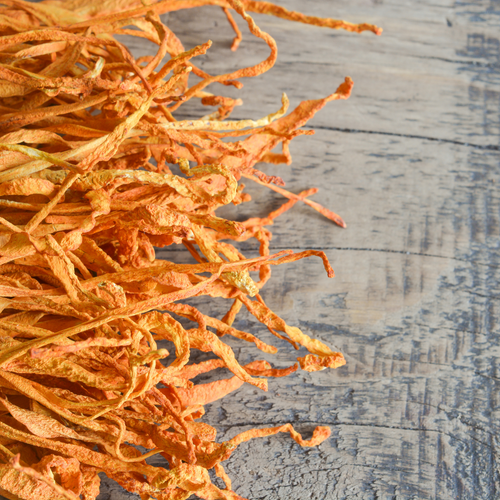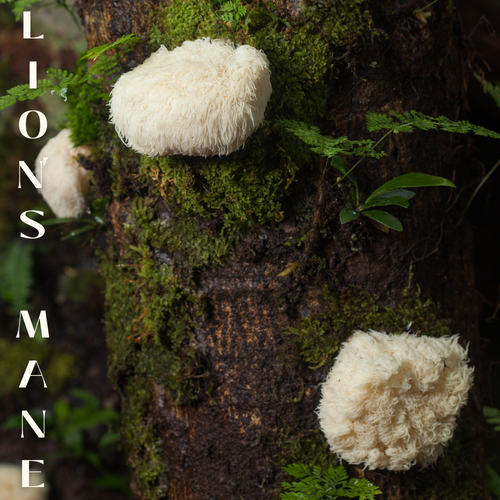Allergies can be a nuisance, affecting millions of people worldwide. Fortunately, nature offers a potential solution in the form of reishi mushrooms. In this comprehensive guide, we delve into the benefits of reishi mushrooms for allergy relief, exploring its mechanisms, dosage recommendations, and more.
Understanding Reishi Mushroom Benefits for Allergies
Reishi mushrooms, also known as Ganoderma lucidum, have been treasured in traditional Chinese medicine for centuries due to their numerous health benefits. Today, modern science is uncovering their potential to alleviate allergy symptoms and boost overall immune function.
How Reishi Mushrooms Can Alleviate Allergy Symptoms Naturally
Research suggests that reishi mushrooms possess anti-inflammatory and immunomodulatory properties, making them effective in managing allergic reactions. By modulating the immune system's response to allergens, reishi mushrooms may reduce symptoms such as sneezing, itching, and nasal congestion.
A study published in the Journal of Ethnopharmacology found that reishi mushroom extract inhibited the release of histamine, a key mediator of allergic reactions. Additionally, its antioxidant properties help mitigate oxidative stress, which can exacerbate allergy symptoms.
Incorporating Reishi Mushrooms into Your Allergy Relief Routine
Recommended Dosage of Reishi Mushroom for Allergies
The optimal dosage of reishi mushroom for allergy relief may vary depending on individual factors such as age, weight, and overall health. However, a typical dosage range is between 1 to 2 grams of dried mushroom powder or 150 to 300 milligrams of standardized reishi mushroom extract per day.
Different Forms of Reishi Mushroom Supplements Available
Reishi mushroom supplements come in various forms, including capsules, powders, tinctures, and teas. Capsules and powders offer convenience and precise dosing, while teas provide a soothing way to consume reishi mushrooms. Choose a form that aligns with your preferences and lifestyle.
Incorporating Reishi Mushroom into Your Daily Routine
To reap the benefits of reishi mushrooms for allergy relief, consider incorporating them into your daily routine. You can add reishi mushroom powder to smoothies, soups, or hot beverages. Alternatively, opt for standardized reishi mushroom extract capsules for easy consumption.
Potential Side Effects and Interactions
While reishi mushrooms are generally safe for most people when consumed in moderation, they may cause mild side effects such as digestive discomfort or allergic reactions in some individuals. Additionally, reishi mushroom supplements may interact with certain medications, particularly blood thinners and immune-suppressing drugs. Consult with a healthcare professional before incorporating reishi mushrooms into your regimen, especially if you have underlying health conditions or are taking medications.
Harnessing the Immune-Boosting Power of Reishi Mushrooms
In conclusion, reishi mushrooms offer a natural and effective approach to managing allergy symptoms and supporting overall immune health. With their anti-inflammatory, immunomodulatory, and antioxidant properties, reishi mushrooms can be a valuable addition to your allergy relief arsenal. However, it's essential to use them responsibly and under the guidance of a healthcare professional, especially if you have existing medical conditions or are taking medications.
Embrace the power of reishi mushrooms and embark on a journey towards holistic allergy relief and immune support. Remember to prioritize quality when choosing reishi mushroom supplements and consult with a healthcare provider to ensure safety and efficacy. With consistency and mindful consumption, you can harness the full potential of reishi mushrooms for optimal health and well-being.
Frequently Asked Questions (FAQ) about Reishi Mushrooms for Allergy Relief
What are the benefits of reishi mushrooms for allergies?
Reishi mushrooms offer several benefits for allergies, including anti-inflammatory and immunomodulatory effects that help alleviate symptoms such as sneezing, itching, and nasal congestion.
How do reishi mushrooms help with allergies?
Reishi mushrooms modulate the immune system's response to allergens, reducing inflammation and histamine release, thus alleviating allergy symptoms.
Are there any side effects of consuming reishi mushrooms for allergies?
While reishi mushrooms are generally safe, some individuals may experience mild side effects such as digestive discomfort or allergic reactions. It's essential to consult with a healthcare professional before incorporating reishi mushrooms into your allergy relief regimen.
Can reishi mushrooms be used as a natural remedy for allergies?
Yes, reishi mushrooms can be used as a natural remedy for allergies due to their anti-inflammatory, immunomodulatory, and antioxidant properties.
What is the recommended dosage of reishi mushrooms for allergy relief?
The recommended dosage of reishi mushrooms for allergy relief typically ranges from 1 to 2 grams of dried mushroom powder or 150 to 300 milligrams of standardized reishi mushroom extract per day.
Are there different forms of reishi mushroom supplements available?
Yes, reishi mushroom supplements are available in various forms, including capsules, powders, tinctures, and teas. Choose a form that suits your preferences and lifestyle.
Can reishi mushrooms interact with allergy medications?
Reishi mushrooms may interact with certain medications, particularly blood thinners and immune-suppressing drugs. It's crucial to consult with a healthcare professional before using reishi mushrooms, especially if you're taking medications or have underlying health conditions.
Is there research supporting the effectiveness of reishi mushrooms for allergies?
Yes, several studies have demonstrated the effectiveness of reishi mushrooms in alleviating allergy symptoms and supporting immune health. Consult reputable sources and discuss with a healthcare professional for more information.
